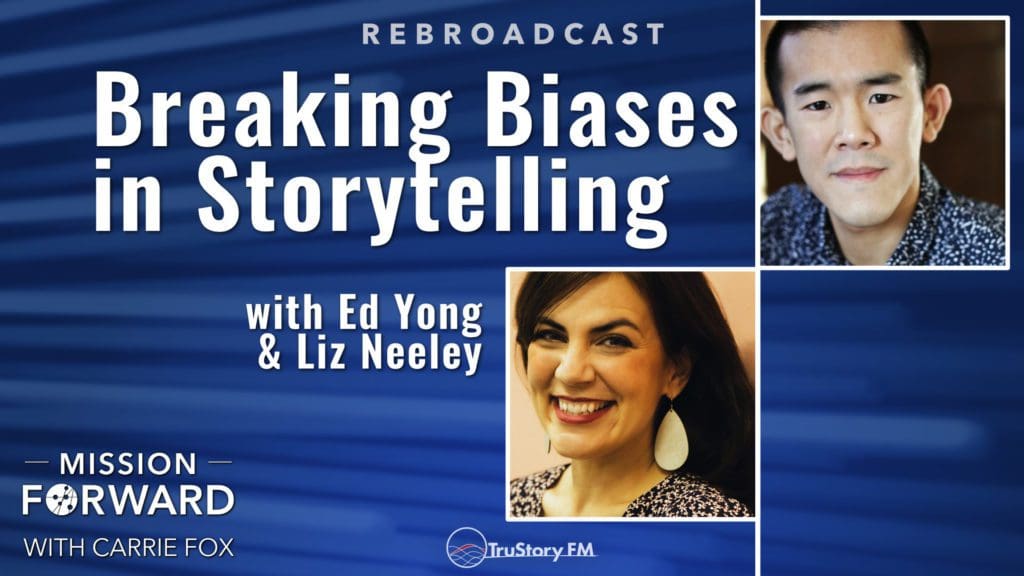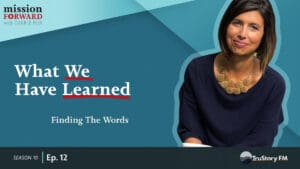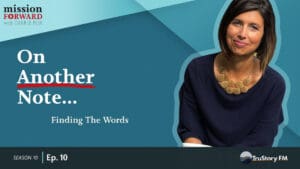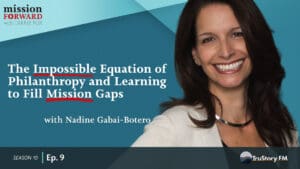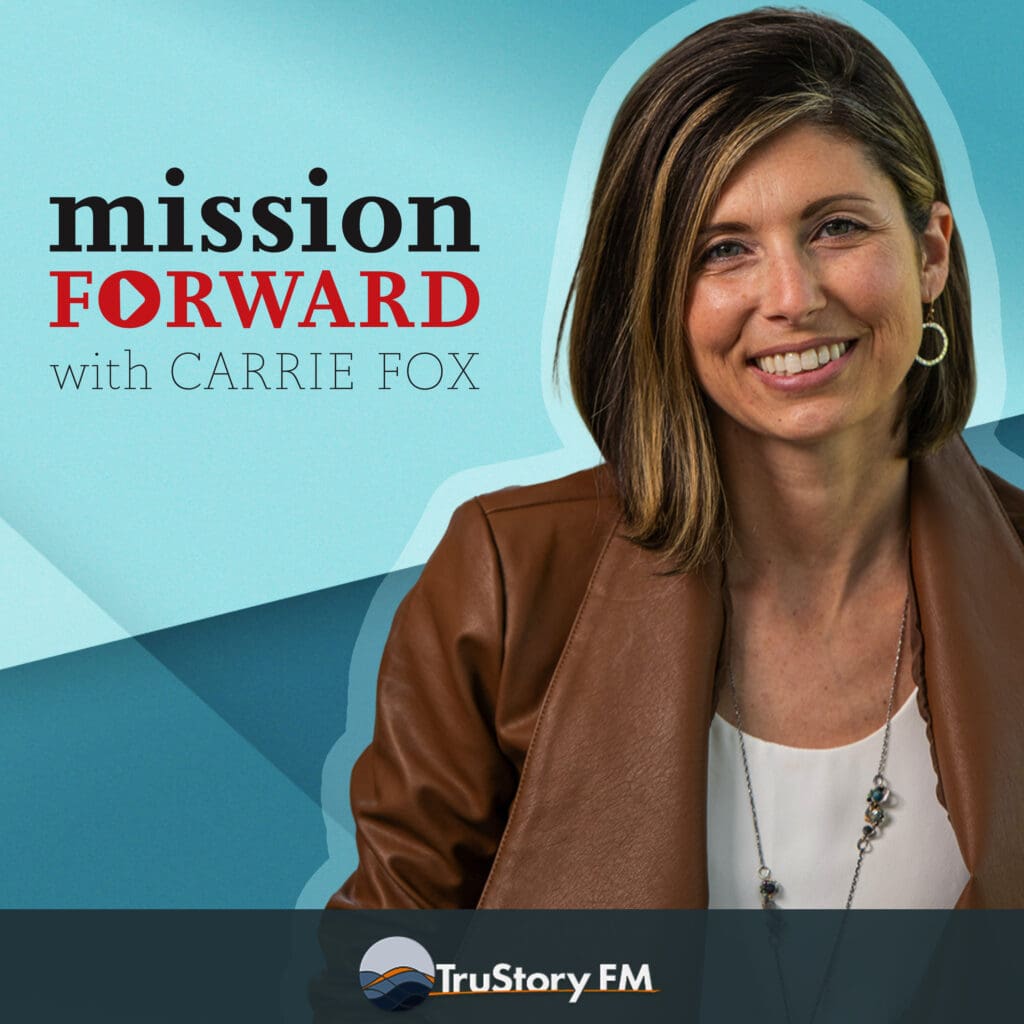We’re just a few weeks out from releasing our first episodes of season five of Mission Forward. Until then, we’re continuing our tour of past guests in an effort to elevate a few of our favorite conversations to welcome new listeners the best way we know how. This week we bring you Ed Young and Liz Neely in our 2018 conversation live on the Mission Forward stage.
Ed and Liz are two of the smartest and sharpest minds in science, communications, and EDS reporting on COVID earned him a Pulitzer Prize for explanatory journalism in 2021. Back in 2018, Ed had just written a story in The Atlantic titled, “I Spent Two Years Trying to Fix the Gender Imbalance in My Stories Here’s What I’ve Learned, and Why I Did It.” The lessons he and Liz articulate in this conversation continue to be relevant as we continue to crest this pandemic wave. We hope you enjoy this conversation and learn as much from it as we did.
Since starting the Mission Forward conversation series in 2014, we’ve had the opportunity to interview some amazing folks: Pulitzer Prize-winning writers, MacArthur Genius grantees, media entrepreneurs, and philanthropists. One of our favorite conversations to date has been with Ed Yong and Liz Neeley. It took place in 2018, shortly after Ed wrote a story in the Atlantic titled: “I Spent Two Years Trying to Fix the Gender Imbalance in My Stories Here’s What I’ve Learned, and Why I Did It.”
As an acclaimed author and science writer, Ed was a big deal then, but he’s had quite a run these last few years. This past September, his story on the COVID-19 pandemic, “How Did it Come to This?” took the cover spot of The Atlantic magazine, and since that time, he’s published several other articles on COVID 19 including his most recent: “America Is About to Choose How Bad the Pandemic Will Get.”
Given how much we value Ed Yong — and how straightforward he can make even the most complex science story — we decided to resurface this great conversation from a few years back, about building equity and breaking bias in storytelling.
In that 2018 story about gender imbalance in his reporting, Ed found that only 24 percent of his last 23 articles quoted sources that were women. And of those stories, 35 percent featured no female voices at all. As Ed shared in his article:
“I knew that I care about equality, so I deluded myself into thinking that I wasn’t part of the problem. I assumed that my passive concern would be enough. Passive concern never is.”
Yong’s heartbreakingly honest revelation, and several others like it, spurred our desire to dig in on ways that writers, marketers, and communications directors can build equity and break bias in their storytelling, and his story has stuck with us for many years.
But it wasn’t just Ed who we spoke with back **in 2018. We were joined by his partner, the brilliant Liz Neeley, founder and principal of Liminal Creations, where she focuses her time and talent on science communication. Liz served as Executive Director of The Story Collider through August of this year, shepherding real and deeply personal stories of science and living through on-stage events and their eponymous (and extraordinarily popular) podcast. Together, they had a lot to say on the topic of equity in storytelling.
Liz Neeley and Ed Yong are extraordinary people and exceptional journalists and communicators. We love this conversation and we’re sure that you will, too.
Links & Notes
- Building Equity and Breaking Bias in Storytelling — by Carrie Fox
- What Bias is Hiding in Your Writing? — by Carrie Fox
- (00:00) – Welcome to Mission Forward
- (04:53) – Introducing Ed Yong and Liz Neely
- (24:42) – How do you think about testing your ideas for cultural bias
- (35:24) – Being open — and budgeting appropriately — for diverse guidance
- (38:24) – Audience Question: How do you measure your personal goal toward improvement?
- (40:58) – Audience Question: How do you advocate for a marginalized population when you can’t find their representatives?
- (45:37) – Audience Question: Should we assume you tried to find women in leadership or were you interviewing junior positions?
- (49:15) – Audience Question: What reactions are you getting from your organization?
- (54:00) – Wrapping up: We don’t owe anyone our whistle







